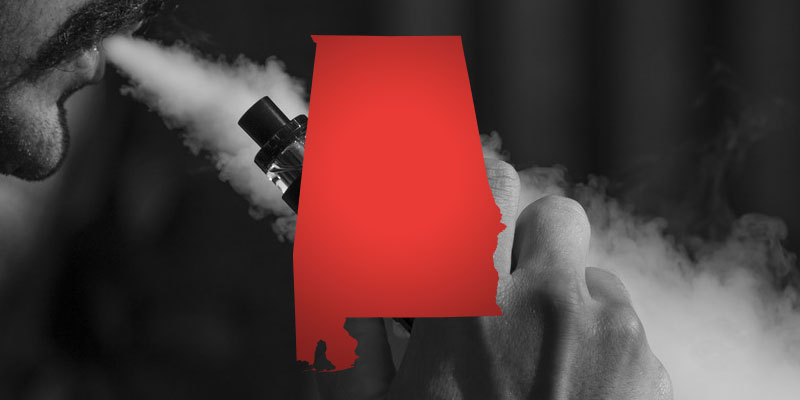Introduction:
In a significant development impacting the vaping community, Brazil’s National Health Surveillance Agency (ANVISA) recently voted to maintain the ban on electronic cigarettes. This decision has ignited discussions and raised questions about public health, personal choice, and regulatory approaches. In this product review, we delve into the ANVISA decision, its rationale, and the responses it has generated among health experts, vapers, and the public.
Unpacking ANVISA’s Decision to Uphold the Ban
The Ban’s Current Status:
ANVISA’s decision, as of July 2022, stands to maintain the existing ban on the sale and distribution of electronic cigarettes and related products across Brazil. This regulatory stance aims to address health concerns and challenges associated with vaping, while also sparking debates about the efficacy of such a prohibition.
ANVISA’s Rationale and Implications
Prioritizing Public Health:
The primary driver behind ANVISA’s decision lies in the agency’s commitment to safeguarding public health. Concerns surrounding the lack of long-term studies on vaping’s health effects, especially among youth, have led ANVISA to opt for a cautious approach. The agency contends that until comprehensive research offers clarity, maintaining the ban is essential to prevent potential harm.
Regulatory Challenges and Oversight:
ANVISA faces the intricate task of regulating a rapidly evolving industry without compromising consumer safety or facilitating underage access. The absence of robust product quality standards, age restrictions, and proper labeling practices necessitates a balanced regulatory framework, which ANVISA is actively working to develop.
Public and Expert Reactions
Diverse Public Sentiments:
The decision has elicited a diverse range of reactions from the public. While some emphasize the importance of preserving individual choice and harm reduction alternatives to traditional smoking, others echo ANVISA’s concerns about potential health risks, particularly among adolescents.
Advocacy and Counterarguments:
Advocacy groups are pushing for more nuanced regulations that consider both adult smokers seeking alternatives and the risks of youth initiation. These groups point to international examples of effective vaping regulation that balances health objectives and individual rights.
Moving Forward: Evolving Conversations
An Ongoing Dialogue:
The ANVISA decision to uphold the ban has sparked ongoing conversations about harm reduction research and regulatory strategies. As the vaping landscape evolves and more data emerges, these discussions are expected to shape future decisions regarding vaping in Brazil.
Conclusion:
The ANVISA decision to maintain the ban on electronic cigarettes reflects a commitment to prioritizing public health and informed regulation. While debates continue about the implications of this decision on harm reduction, consumer choice, and industry evolution, it underscores the significance of well-informed discourse and evidence-based decision-making. To learn more about this decision, its context, and the ongoing conversations, you can visit the official article on Agência Brasil.


